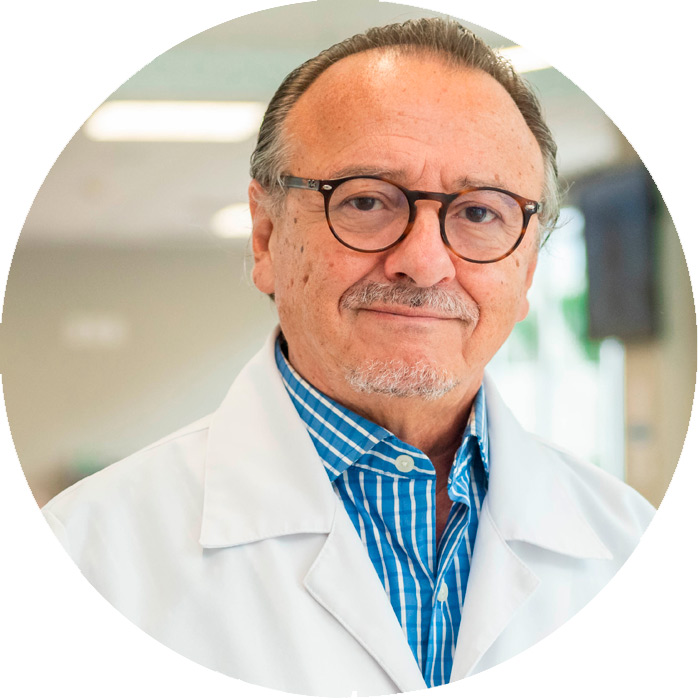O Dia Mundial do Cérebro foi criado em 2014 pela Federação Mundial de Neurologia. Celebrada em 22 de junho, a data tem como objetivo defender temas relacionados à saúde desse órgão fundamental à vida. Com aproximadamente 160 mil quilômetros de vasos sanguíneos, o cérebro é um dos mais fascinantes órgãos humanos e núcleo de inteligência e aprendizagem. Seus 86 bilhões de neurônios processam e transmitem informações garantindo que os seres humanos possam andar, falar, ler, escrever, sentir e pensar. Entretanto, a Organização Mundial da Saúde (OMS) estima que existam mais de 600 doenças neurológicas que podem prejudicar o bom funcionamento cerebral. O médico neurologista Jaderson Costa da Costa, diretor do Instituto do Cérebro da Pontifícia Universidade Católica do Rio Grande do Sul (PUCRS), explica porque é importante disseminar informações sobre o cérebro e de que maneira cada indivíduo pode fazer com que esse órgão seja o mais saudável e longevo possível.



